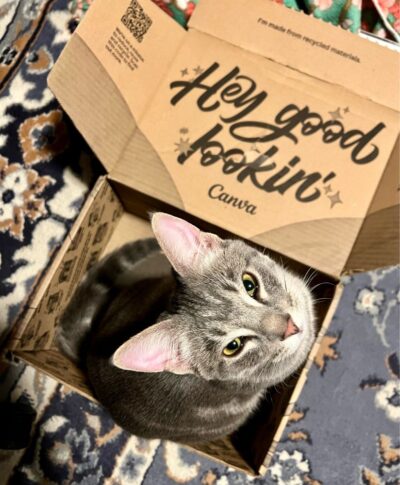So let me start out by saying I screwed up, and in a way that I should have known better than to do. The problem is that the Wayward Wormhole intensive writing workshop that I’m hosting is in one way absolutely not up to standard, and that is its lack of accessibility. This is particularly unacceptable given that I have called out inaccessible venues in the past.
I’ve also called out economically inaccessible stuff, and yet this workshop, unlike the other school efforts, does not have guaranteed scholarships in place to help make the workshop cost easier on anyone, although we’ve structured fees to try to fund at least two scholarships this year.
I made this poor choice in part because ““ while this is not an excuse ““ 2022 was the year of the biggest changes of my life (the end of a 20+ year partnership and a cross-country move) and I just let the wheeeeee castle vibe carry me along past any thoughts other than how do I make spending my birthday in a Spanish castle a reality? And when the voices in my head stopped saying that and one in the back nervously raised its hand and said hey what about accessibility, I told myself we’d addressed that by making sure there was a virtual version.
Except now that I’ve thought about it, that’s not enough, because the virtual version lacks some features that the on-location includes. So I apologize to the community for setting a bad example. I apologize to my teachers for having involved them in this ethical lapse. And I apologize, abjectly, to my students for having let them down in this regard.
Given that I have already made a substantial down payment that is nonrefundable and which I can’t afford to lose, what are the material steps I can do to show I understand I fucked up and mean to make it right?
- The first is already done. The location we have for next year is fully accessible physically, and that is a requirement for all future locations.
- The second is that we will be providing a yearly full scholarship in memory of Vonda N. McIntyre.
- The third is that a quarter of my profits from this year’s workshop will be donated to a charity that advances accessibility issues, like the American Association of People with Disabilities. (I want to research the best choice here.)
- The fourth is that I have learned from it and, as the friend I was talking to about it put it, gained a point in humility, so I can do better going forward and not let whee castle override the let’s look this over before agreeing notion.
So. There you have it.
Best,
Cat









One Response